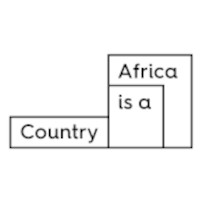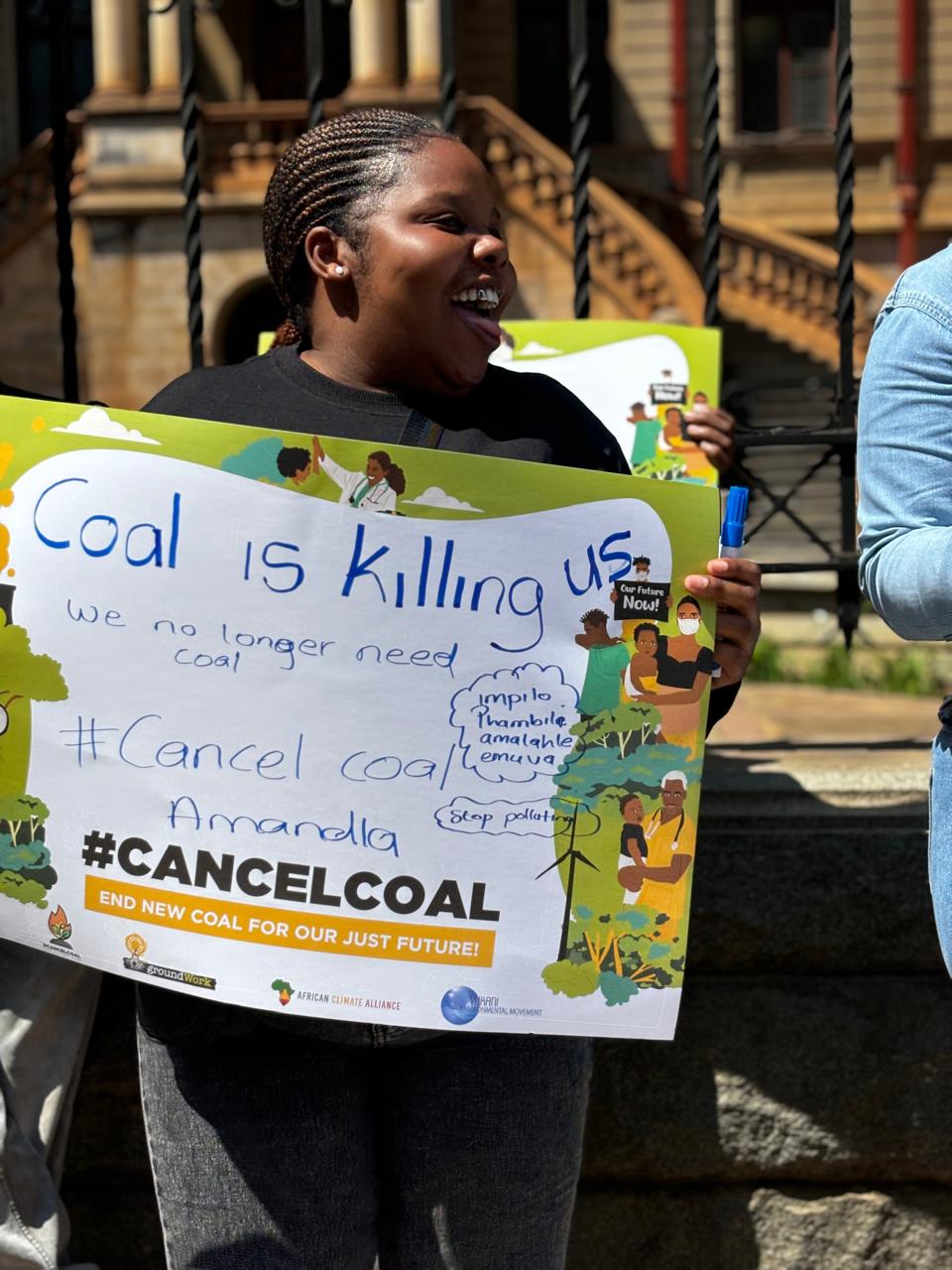Fanon Studies has stubbornly failed to consider how Algeria may illuminate Frantz Fanon’s theoretical commitments.
Image credit @phlubdr via Flickr CC BY 2.0.
This essay forms part of the series “Religion and Democracy in Africa.”
In his biography of Frantz Fanon, intellectual historian David Macey narrates that in August 1955, Algerian National Liberation Front (FLN) leader Moustafa Lacheraf suggested to Fanon that they collaborate on a book on Algeria. Fanon, however, declined, telling Lacheraf that “he [Fanon] was still thinking in ‘European terms.’” Decades later, Lacheraf reaffirmed this, saying that “despite his political sympathies, Fanon was an ‘assimilé,’” still “‘hostage to the European milieu.’” Notably, Lacheraf was not alone in this characterization; similar statements had been made by Tunisian Jewish intellectual Albert Memmi, Algerian psychoanalyst and Fanon student Alice Cherki, and others among Fanon’s contemporaries.
Fanon’s readers today may find such statements surprising, at odds with a more familiar characterization of Fanon as a strident revolutionary and the consummate critic of European colonial modernity. But this very surprise represents the failure of Fanon studies to engage the 20th-century Algerian context within and about which Fanon wrote. Not only does this failure erase the Algerians alongside whom Fanon theorized; it also prevents a full engagement with his thought that grasps both its limits and potentialities, the possibilities it both enabled and foreclosed.
So why did Lacheraf describe Fanon this way? Fanon, born into an upper-middle-class Martinican family in 1925 and educated in France after World War II, was shaped by and intervened in several intellectual traditions, most of them European. His signal theoretical influences were structuralist psychoanalysis and innovative psychiatry, a leftist modernism shaped by Hegelian Marxism and phenomenological existentialism, and Négritude and pan-Africanism. The 1953 Algeria he arrived in, meanwhile, had been shaped by its own discursive traditions and transnational networks, most prominent among them Islam, Islamism, and pan-Islamism; Arab nationalism, pan-Maghrebism, and pan-Arabism; and native elite adoptions of French politics.
Although both Fanon and the Algerian people sought to confront colonialism, they did so from different starting points. While Algerians were concerned with loss and revival of cultural and religious ways of being, Fanon deemed such questions immaterial, overlooking what may be lost in favor of what might be created. While Fanon intellectually matured within the Western traditions he criticized, Algerians still debated their alignment with those traditions. Where Fanon was concerned with colonized man’s alienation from himself as (hu)man, Algerians were concerned with his alienation from himself as Arab (or Kabyle) and Muslim human. Lacheraf thus described Fanon as “hostage to the European milieu” because these Algerian concerns were illegible to him.
To better understand this illegibility, we must turn to Fanon’s theoretical commitments, and particularly his conceptualization of difference. For Fanon, the only justifiable ground for difference is an assessment of one’s political situation as it really is; anything else would be an inauthentic approach to one’s situation. Social demarcations based on categories like race or religion—especially after they have been mutilated by colonial modernity—would constitute such inauthentic approaches. Against these forms of difference, Fanon offers an authentic Algerian national identity assumed by those who “have identified themselves with the Algerian cause and collaborate actively in the struggle.” Here, Fanon describes an Algerianness, though tied to territory, that is a product of political choice rather than culture or blood. Fanon himself makes this choice; neither Arab nor Muslim and a newcomer to Algeria, he nonetheless includes himself in the “we Algerians” of this reformulated political nationality.
Importantly, this construction of difference rests on intertwined ontological and epistemological claims. First, Fanon assumes that there is some always-existing political truth of the situation that is simply obscured by inauthentic approaches such as religion and culture. The political, then, is cast as negative, as absence of cultural content, while other approaches are cast as positive presence. Second, Fanon holds that the political real not only exists, but is accessible to us once inauthentic approaches are relinquished. In other words, the political real is a transcendent category accessible to an equally transcendent and universal rationality. Moreover, for Fanon, this political real should be accessed as a precondition of progress. In fact, much of his discussion of Algerian society is an attempt to illustrate this process by which the political supersedes the religious and cultural. His language for this transformation is striking: as political supersedes religious and cultural, he says, Algerians become “adult, responsible, and conscious,” they “overcome” their bad faith and undergo an “awakening,” marking the “advent of history.”
If this language sounds familiar, it is because it represents a rearticulation of a teleological distinction specific and foundational to Western colonial modernity: the division between traditional and modern, religious and secular, and (in Fanon’s terms) cultural and political, in which progress entails movement from irrational, static former to rational, dynamic latter. Fanon justifies this in different terms, but at its core, the distinction is the same, naturalizing one approach to the world at the expense of another. Fanon himself recognizes the violence inherent in such a naturalization, describing how “the white gaze,” which counters his own “rationality with the ‘true rationality,’” is naturalized as “the only valid [gaze]” and equated with “scientific objectivity.”
The tragic irony in Fanon’s project is thus that even as it militated against oppressive colonial modernity, it may have replicated underlying ontological and epistemic claims. In doing so, it reified these claims, removing them from the realm of the challengeable. This had significant implications for Fanon’s engagement with the Algerian context, where several actors sought to challenge precisely these claims. For example, both Algerian reformist scholars and Sufis emphasized the importance of self-forming activities that subordinated the individual to the historically extended community and to an external ethical locus, transforming subjectivities in the process. On a larger level, Sufi orders practiced a form of refusal to recognize the colonial state, while reformist scholars called for the restitution of the endowments and the separation of religion and government, with the law belonging to the former.
Because of the uninterrogated theoretical commitments of his project, Fanon was unable to see how mid-20th-century Algerians challenged those same theoretical commitments and their imbrication in colonial modernity. In Fanon’s case, this is perhaps understandable. But what is far more troubling is that Fanon studies has enabled this occlusion into the present, failing to consider how Algeria may illuminate Fanon’s theoretical commitments. If, according to Lacheraf, Fanon himself related these commitments to his “thinking in European terms,” then what does our own unwillingness to challenge these commitments represent? What political possibilities are we missing by reifying the same assumptions—and the horizons of political possibility they inaugurate—that Fanon did?
Reading Fanon in Algeria—and reading Algeria beyond Fanon—shows us that it is far past time to open ourselves and our scholarship to different forms of theoretical production and world building, including those that have for too long been cast as excessively “traditional,” “religious,” or “cultural.” It is only by doing so that we may at last heed Fanon’s call: “Oh my body, always make me a man who questions!”






